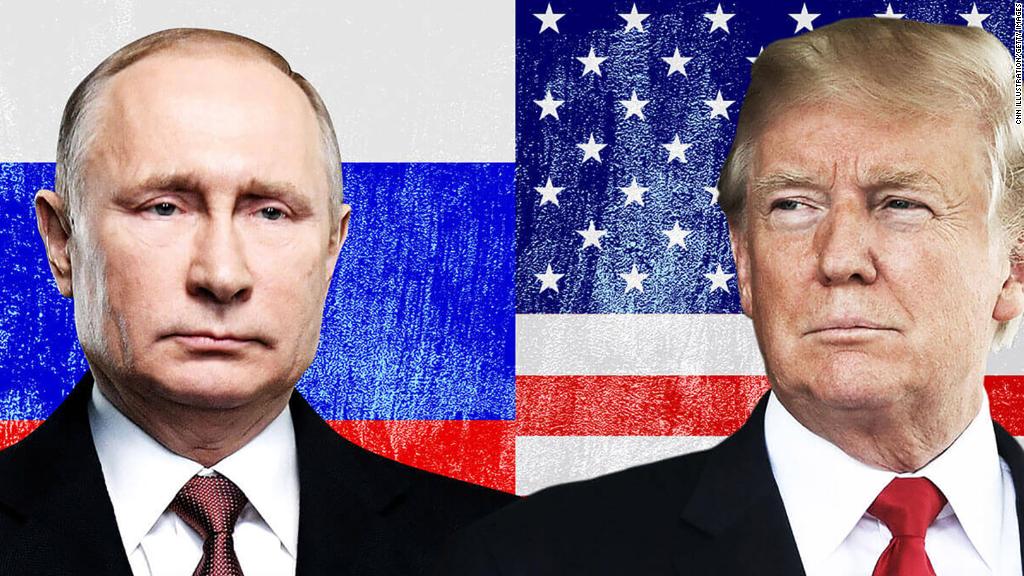
"Dark Money" is ostensibly about the corrosive effects of big-money anonymous political donors, but it's equally sobering as a look at local news, and what happens when journalistic watchdogs experience the death of a thousand cutbacks. For those who have spent any time contemplating the Washington Post's slogan "Democracy dies in darkness," director Kimberly Reed's documentary is essentially a methodical exploration of that expression.
Receiving a theatrical rollout in advance of a fall showing on PBS, "Dark Money" takes place in Montana, a small state with a dense history in terms of trying to rein in uncontrolled political spending. It was also home to what amounted to a purge of moderate conservatives by hardline officials bent on weeding out those who couldn't be counted upon to support their agenda.
Those candidates were targeted through a barrage of ads, often laced with unsavory half-truths and downright lies, under the guise of official-sounding names like Mothers Against Child Predators, as if there's a "pro" to counter that.
As for who was behind those campaigns, ferreting that information out largely falls to the aptly named John Adams, a reporter at a local Montana newspaper who, in the course of the film, loses his job to staff reductions and winds up pursuing investigative reporting for a time while living out of his car.
"Dark Money" traces what happened in Montana back to the Supreme Court's Citizens United decision in 2010, removing many of the impediments to such advertising. Told with the spare economy of a thriller, it all leads to a corruption case, pulling back the curtain on who was financing those campaigns.
Reed's film thus operates on multiple tracks, which intersect in roughly the same location: How moneyed interests seek to influence politics; the way they use media to drown out opponents; and how the erosion of news operations risks gutting one of the major independent curbs on such behavior.
"Dark Money" isn't a feel-good film, but it admirably connects the dots in shedding light on all of this, distilling dense material into a package that's easily digestible to those who casually follow such matters and profoundly unsettling to those who wince at the suggestion by a European observer that America has become an oligarchy.
Ultimately, the documentary serves as a treatise on how Citizens United has been put into action, and in the examples presented here, abused. At the same time, it zeroes in on one journalist's commitment to his work, reflecting a kind of quiet heroism that, as much as the transgressions exposed, deserves its moment in the spotlight.
"Dark Money" is playing in New York and will gradually roll out to additional cities, beginning with Washington, D.C. and Philadelphia, on July 20.


